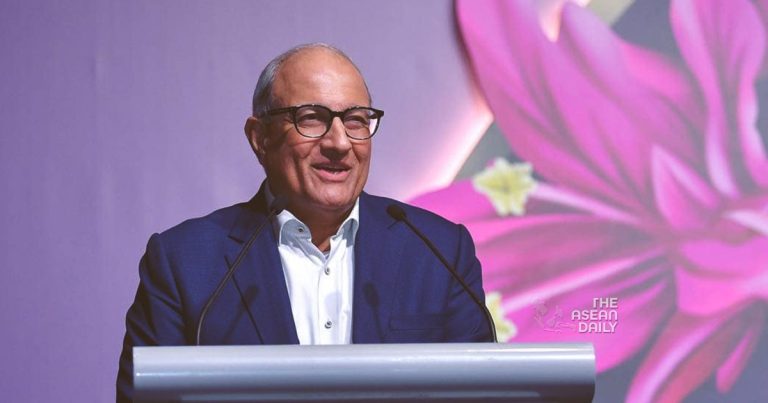2-8-2023 (SINGAPORE) The Corrupt Practices Investigation Bureau (CPIB) had initially refrained from disclosing Transport Minister S Iswaran’s arrest as it sought to establish more facts and hear his side of the story, said Minister-in-charge of the Public Service, Mr Chan Chun Sing on Wednesday (Aug 2).
When CPIB first announced on Jul 12 that Mr Iswaran was assisting with investigations, it did not mention his arrest until two days later, along with the arrest of Hotel Properties Limited managing director Ong Beng Seng.
Mr Chan addressed concerns raised by Members of Parliament (MP) in parliament regarding the disclosure of names of persons being investigated or arrested. He stated that law enforcement agencies, including CPIB, usually withhold such information for valid reasons.
Disclosing an arrest immediately may prejudice the person involved, even if subsequent investigations do not lead to charges, creating a perception of wrongdoing. To ensure fairness to those under investigation, law enforcement agencies avoid immediate naming of individuals involved.
However, in the case of Minister Iswaran, CPIB decided to disclose his involvement in the investigation on Jul 12 due to his ministerial position.
Regarding CPIB’s investigations, questions were raised about whether the Prime Minister’s concurrence is required for all cases. Mr Chan clarified that although CPIB reports directly to the Prime Minister, it functions independently and doesn’t need his concurrence for its investigations.
In the case of Minister Iswaran, CPIB informed the Prime Minister and sought his concurrence due to the involvement of a Cabinet minister. Prime Minister Lee Hsien Loong concurred swiftly after receiving the report.
The Constitution allows the director of CPIB to seek the President’s concurrence if the Prime Minister withholds consent. However, Mr Chan pointed out that no Prime Minister has ever hindered CPIB’s work.
In response to questions about a review of the Code of Conduct for ministers, Mr Chan assured that the government regularly reviews and updates the Code to adapt to changing circumstances.
Regarding the Public Service’s Code of Conduct and whistle-blower protection, Mr Chan emphasized the importance of maintaining integrity and high standards. Public officers are expected to handle requests with professionalism and maintain confidentiality and political impartiality.
Should an officer encounter an inappropriate or unrelated request, they should seek guidance from their supervisor or escalate the matter through the chain of command, including reaching out directly to higher authorities, including the minister in-charge of the Public Service.




